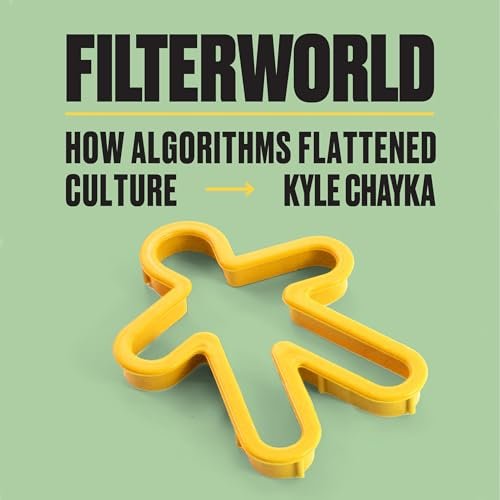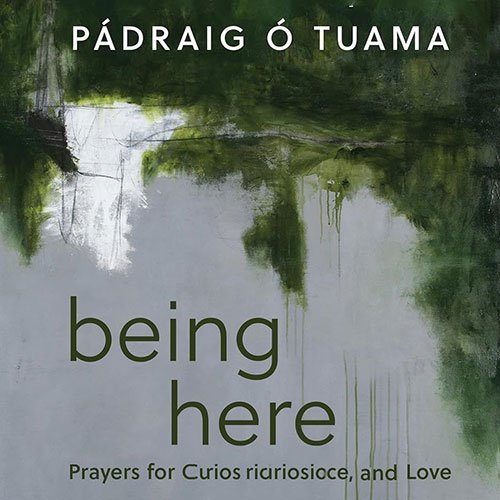Kyle Chayka’s “Filterworld: How Algorithms Flattened Culture” is a thought-provoking examination of the ubiquitous effect of algorithms on modern culture.
Chayka, a New Yorker staff writer, investigates how digital platforms such as Instagram, TikTok, and Spotify have changed cultural distribution over the last decade. While these platforms offer customization through algorithmic suggestions, the overall consequence is cultural uniformity, which Chayka refers to as “Filterworld.”
Chayka investigates the far-reaching influence of algorithms in “Filterworld,” highlighting how they’ve permeated practically every part of our lives, from the music we listen to and the people we remain in touch with, to the aesthetic choices we make in our living environments. He investigates how this ever-tightening web of algorithmic influence has led to a state in which technology users must contend with data-driven equations that attempt, often inaccurately, to anticipate their desires, leading to a state of docility that allows tech companies to limit human experiences for profit.
The book is both an inquiry and a critique, based on years of reporting and writing experience. Chayka works with internet CEOs, computer scientists, influencers, and artists to better understand how algorithmic suggestions affect our cultural ecology. One recurring subject is “algorithmic anxiety,” which refers to the paranoia, terror, and perplexity felt when algorithms assess us erroneously or too accurately.
Chayka’s work is becoming regarded as a must-read for comprehending the cultural influence of the digital era. It has received praise for its in-depth analysis and has been regarded as an essential counterbalance in the era of mainstream cultural dispersion into specialized data streams. The book is also acknowledged as raising serious concerns regarding the nature of choice in an algorithmically structured environment, as well as the viability of personal freedom on the internet.
“Filterworld” has been acclaimed for its critical examination of algorithmic technology and its unrivaled influence in molding both online and offline lives. It is regarded as an important observer’s work on how digital technology changes our society, altering our perceptions of the internet and its impact on our daily life.
In essence, “Filterworld: How Algorithms Flattened Culture” is a critical assessment of how algorithms are altering our cultural environment in subtle yet important ways. It investigates the contradiction of how these algorithms, while extending our options in one sense, are also flattening and homogenizing our cultural experiences. Chayka’s book is an engaging read for anybody interested in delving further into the consequences of our increasingly algorithm-driven world.
Sources: Penguin Random House, BookBrowse, The bookseller









